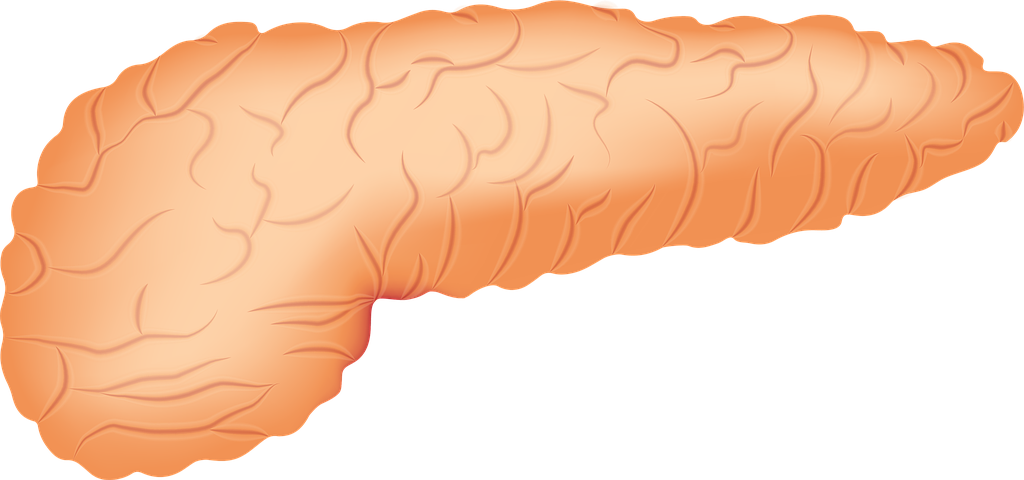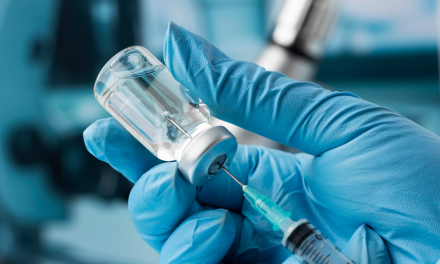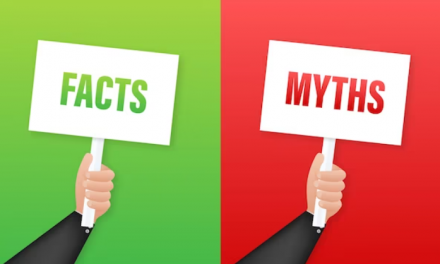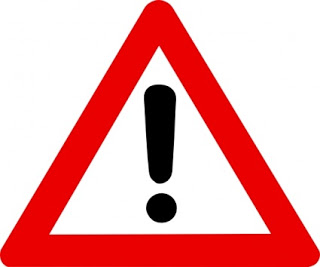As blogged previously, we know that people with diabetes have a higher risk of more severe COVID-19 infection. It turns out that the relationship between COVID-19 and diabetes is a two way street: COVID infection itself can worsen diabetes control, and, yes, it can even bring on new onset diabetes.
As discussed in a recent letter to the editor by Rubino and colleagues in the New England Journal of Medicine, cases of new diabetes have been noted on the front lines caring for COVID-19 patients. At first glance, this perhaps does not come as a surprise. We know that having an infection can raise blood sugars in people with or without preexisting diabetes. This is largely because of increased adrenaline and cortisol levels during illness – both hormones that raise blood sugar. These hormonal responses to the stress of an infection can therefore raise blood sugars into the diabetes range in a person who didn’t have diabetes before they got sick.
What is interesting, and particularly concerning, is that new cases of ketosis-prone diabetes have been noted in the context of COVID-19 infection. People with diabetes who are prone to ketosis are those who make little to no insulin of their own, most commonly type 1 (autoimmune) diabetes, and sometimes people with type 2 diabetes, particularly if they have had type 2 diabetes for a long time.
The COVID-19 virus binds to ACE2 receptors, which are expressed on many cell types in our bodies, including the insulin-producing beta cells in the pancreas, fat cells, and cells in the small intestine. So not only can a COVID-19 infection stress the body enough to raise blood sugars into the diabetes range, it may also directly impair insulin secretion and/or glucose metabolism by binding to these cells. Whether this could result in long term diabetes after recovery from COVID is not known. It is also not known if new onset, ketosis-prone diabetes during a COVID infection could be triggering an autoimmune type 1 diabetes.
To better understand these observations, The COVIDiab Registry has been set up to collect information on new COVID-related diabetes cases, as well as to collect information about patients with severe metabolic disturbances in the context of pre-existing diabetes.
PS – Important safety information: people with diabetes can not only experience higher blood sugars during a COVID infection, but could also be at risk of having a low blood sugar – more on this in my YouTube video here.
Subscribe to my blog (box top right) for more on COVID-19 in the coming weeks.
Share this blog post using your favorite social media link below!
Follow me on twitter! @drsuepedersen
www.drsue.ca © 2020












